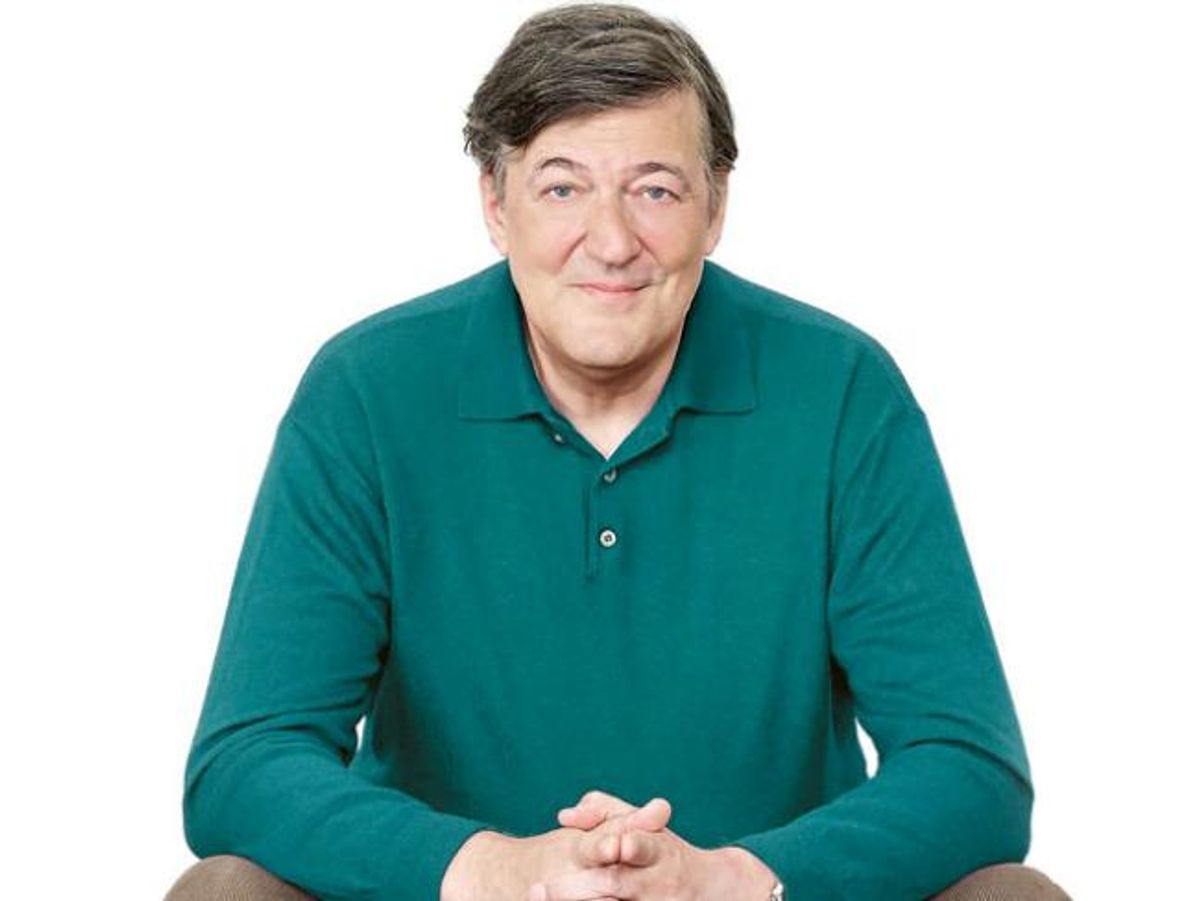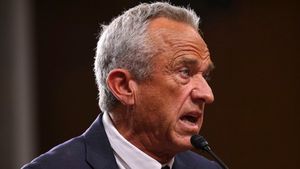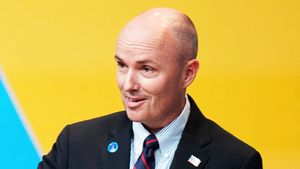A treasure to the gay community, author and comedian Stephen Fry is making headlines after he publicly announced he was quitting Twitter.
Fry's decision follows a feud caused by one of his tweets during the BAFTAs, the British equivalent of the Oscars. The writer joked that his friend, the costume designer Jenny Beavan, looked like a "baglady" (in other words, a homeless person) when she accepted her award for Mad Max: Fury Road.
Although Beavan stated she wasn't upset, some Twitter users started a backlash, arguing that Fry's comment was misogynistic. That was the last drop for Fry, who subsequently announced his Twitter days are over:
"Oh goodness, what fun Twitter was in the early days, a secret bathing-pool in a magical glade in an enchanted forest," Fry wrote in an eloquent blog post on his website. He continues:
"We chattered and laughed and put the world to rights and shared thoughts sacred, silly and profane. But now the pool is stagnant. It is frothy with scum, clogged with weeds and littered with broken glass, sharp rocks and slimy rubbish. If you don't watch yourself, with every move you'll end up being gashed, broken, bruised or contused. Even if you negotiate the sharp rocks you'll soon feel that too many people have peed in the pool for you to want to swim there any more. The fun is over."
Fry's decision to leave behind his 12 million Twitter followers epitomizes everything that's wrong with social media today. Although Twitter presented an unprecedented opportunity to connect and share thoughts on a global scale, too many users are using it to vent out their frustrations or push a politically-correct agenda. Trolls and bullies populate the app, and they angry-tweet faster than they can think, without realizing the potential harm for persons who, like Fry, have suffered from depression and suicidal thoughts.
As it celebrates its 10th anniversary this year, Twitter announced it was looking into new measures to prevent abuse and "wage war on the trolls." These guidelines better be implemented soon, as the app's popularity continues to decline, and millenials have already moved on to more visually-driven apps, such as Instagram and Snapchat.

























































































